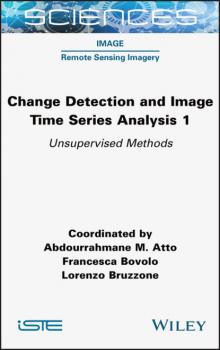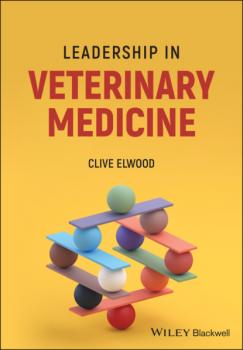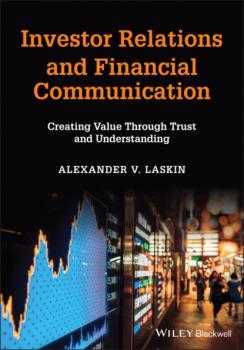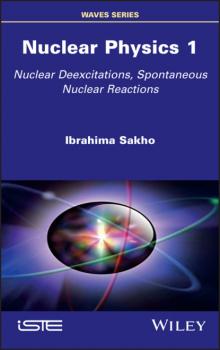John Wiley & Sons Limited
Все книги издательства John Wiley & Sons LimitedNatural History Collections in the Science of the 21st Century
Natural history collections have recently acquired an unprecedented place of importance in scientific research. Originally created in the context of systematics and taxonomy, they are now proving to be fundamental for answering various scientific and societal questions that are as significant as they are current.<br /><br /><i>Natural History Collections in the Science of the 21st Century</i> presents a wide range of questions and answers raised by the study of collections. The billions of specimens that have been collected from all around the world over more than two centuries provide us with information that is vital in our quest for knowledge about the Earth, the universe, the diversity of life and the history of humankind.<br /><br />These collections also provide valuable reference points from the past to help us understand the nature and dynamics of global change today. Their physical permanence is the best guarantee we have of a return to data and to information sources in the context of open science.
Mafia Politics
This ground-breaking book offers a deep and original analysis of the Mafia – in particular Cosa Nostra – as a distinct form of politics. Marco Santoro breaks with criminal and economic approaches which see the Mafia as an industry of private protection and rationally calculating wealth accumulation. Instead he argues that it represents an alternative way of organizing political relations, the exercise of power, and the struggle for prestige. Nor is this a distortion or failure of the modern Western state, based on the rule of law: the Mafia is best understood as an older, alternative tradition of politics, a distinctly Southern institutional arrangement of social life focused on personal ties and obligations. Today, the Mafia still thrives among subaltern classes and in regions that the modern state has not yet incorporated, as a conservative counter-politics of prestige. Pivotal to understanding this world is a cultural sociology of the Mafia, offering the tools and concepts necessary to penetrate the symbolism and structures of Mafia life. Blending diverse theoretical strands with folk sources and the voices of Mafiosi themselves, Santoro develops a political theory of the Mafia, shedding new light on this captivating, global, and remarkably resilient phenomenon.









